Flavius Josephus was an exceptional man. He lead a rebellion against Rome, yet convinced the Romans to let him live, and became the historian for General (and later Emperor) Vespasian. He was known for his intellect. Joseph Scaliger, one of the most brilliant and critical reviewers of history to ever live, a man who reconciled ancient calendars and histories, wrote:
Josephus is the most diligent and the greatest lover of truth of all writers; nor are we afraid to affirm of him, that it is more safe to believe, not only as to the affairs of the Jews, but also as to those that are foreign to them, than all the Greek and Latin writers; and this, because his fidelity and his compass of learning are everywhere conspicuous.
Josephus’ most famous work is The Antiquities of the Jews, which he wrote in his later years, when he was the Emperor’s historian. Antiquities is a history of the Jewish people. It follows the Old Testament, but with many added details. For example, after a description of the Flood, and Noah’s Ark coming to rest, Josephus writes: “The Armenians call this place (Apobaterion) The Place of Descent; for the ark being saved in that place, its remains are shown there by the inhabitants to this day.”
That is an astonishing statement—the name of the place where the Ark came to rest, and the claim that remains were still present. But I am even more astonished by Josephus’ next paragraph:
Now all the writers of barbarian histories make mention of this flood and of the ark; among them is Berosus the Chaledean; for when he is describing the circumstances of the flood, he goes on thus: — “It is said there is still some part of this ship in Armenia, at the mountain of the Cordyaeans; and that some people carry off pieces of the bitumen, which they take away, and use chiefly as amulets for the averting of mischiefs.” Hieronymus the Egyptian, also, who wrote the Phoenician Antiquities, and Mnaseas, and a great many more, make mention of the same. Nay, Nicolaus of Damascus, in his ninety-sixth book, hath a particular relation about them, where he speaks thus: — “There is a great mountain in Armenia …”
The emphasis above is mine—all the writers. Josephus had access to all books in all libraries in the Roman Empire. These are non-Jewish historians, and he doesn’t just claim that some of them refer to Noah’s Flood and the Ark, he claims all of them do. He names prominent historians. Nicolaus of Damascus was the tutor of the children of Mark Anthony and Cleopatra; he wrote 144 books, almost all of which are now lost.
Few today, even religious people, accept the Flood of Noah. The unanimous testimony of all the ancient writers is ignored. The silent testimony of the geological record—of sedimentary rock (rock created from watery deposits) on every continent, often miles deep—is ignored. We are told that those layers of rock in the Grand Canyon were laid down tens or even millions of years apart—even though there is no erosion or plant debris between them.
But let’s get back to Josephus, and his statement that “all the writers” of ancient histories refer to the Flood? What are we to make of that? Why would Josephus lie? Why would he make up something? Why would the even more ancient historians he notes make up details about the Flood?
To a historian, credibility and accuracy are important, perhaps everything. I see no reason why Josephus would lie, nor do I see any reason why other ancient historians would lie. How can our modern world ignore Josephus, and ignore all the other writers of ancient histories?
The Flood was a real event, and Genesis records the true history of humanity.
Thanks for reading.




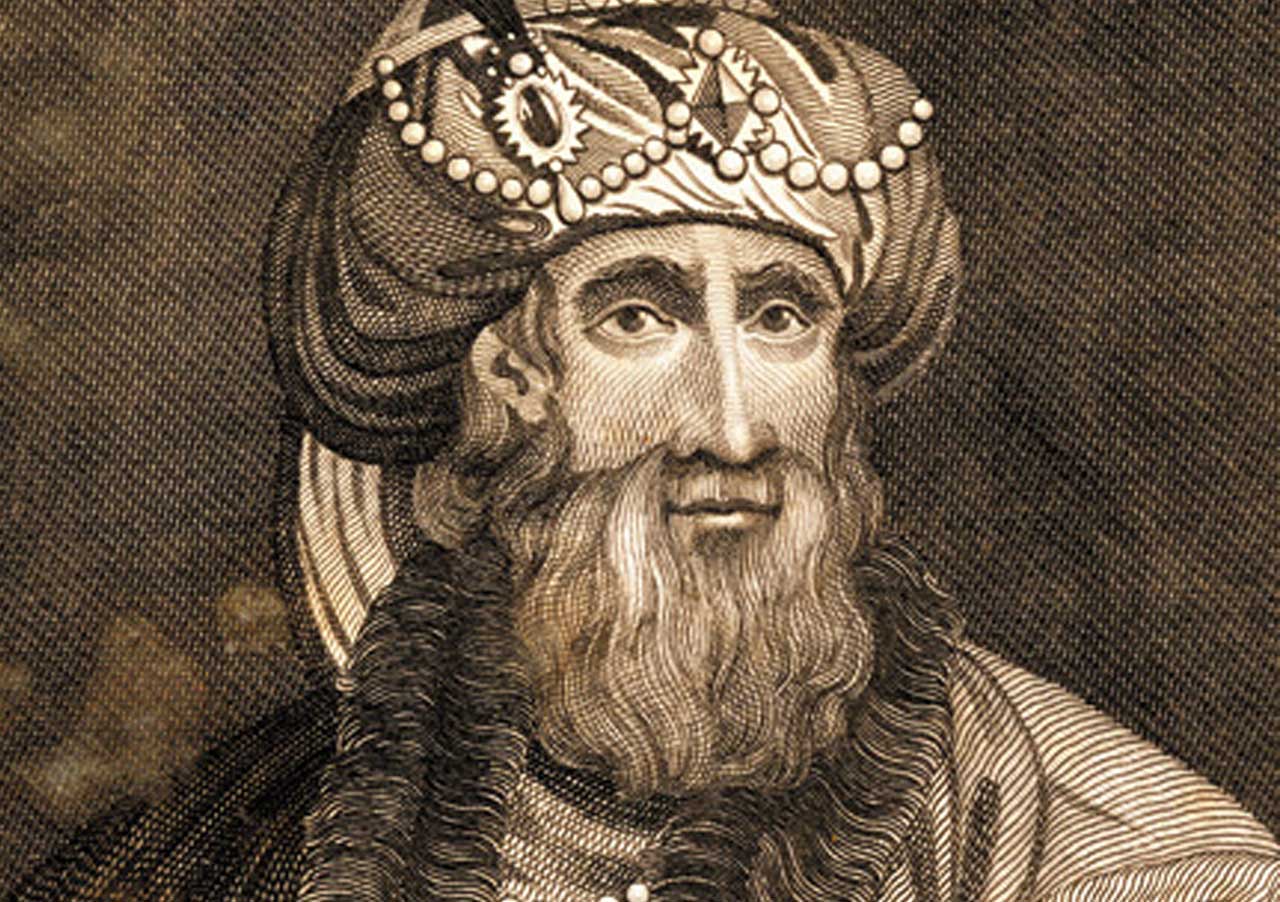
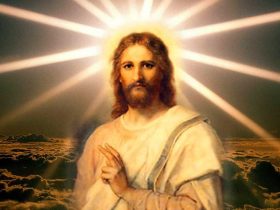







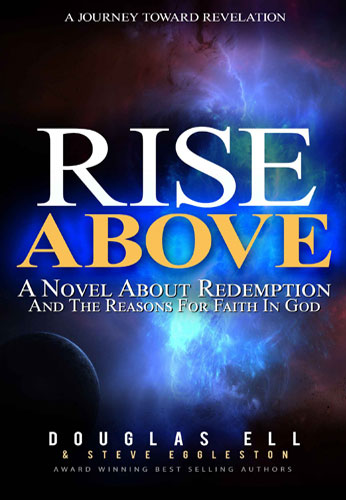
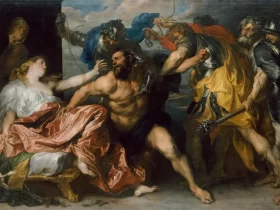
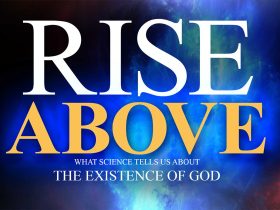

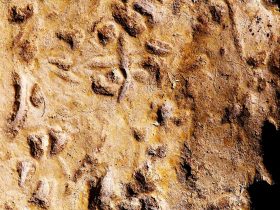
Leave a Reply